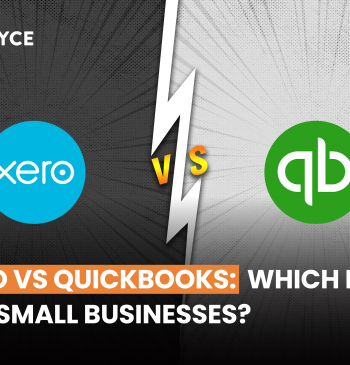08 Sep

A capital asset is anything you have and use for either personal or investment purposes. An example would be a home, a piece of furniture for personal use, or stocks or bonds held as investments. It is a profit you gain from selling a capital asset. Read this article to learn more about capital gain.
Table of Contents
What is Capital Gain?
Profit arising from the sale of a capital asset is known as capital gain. The capital assets may include tangible or intangible property. Tangible property includes; houses, furniture, and land, whereas intangible property includes; stock, bonds. A capital gain occurs when an asset’s value increases over time. It can also be defined as the difference between the amount of money you receive when selling an investment and what you paid for it. The gain is usually not realized until the asset is sold. For example, let’s say you buy a car for $20,000 and sell it six months later for $25,000.
Classification of Capital Gain
Gains from investments may be realized or unrealized. The realized gain is the profit from the final sale of an asset or investment. On the other hand, an unrealized gain occurs when an asset or investment’s current value is higher than its original purchase price but hasn’t yet been sold. Because unrealized (capital) gains are paper gains typically subject to accounting reporting but do not result in a taxable event, only realized capital gains are subject to taxation.
Holding Period of Capital Gain
The holding period is defined as the time between the date of purchase and the date of sale. Generally, the longer the holding period, the lower the tax rate. Therefore, on the basis of the holding period, the capital gain can be categorized as short-term and long-term.

Short-term capital gain: Short-term gains refer to profits realized on the sale of securities held for less than one year.
Long-term capital gain: If you buy a stock or capital asset that’s been held for more than a year and then sell it, the profit is long-term gains.
Capital gains tax rates are different depending on whether it’s a short-term or long-term gain. Short-term capital gains have higher rates than long-term gains and are taxed at the same rate as regular income from employment, investment returns, interest payments, and other sources you pay taxes on. However, because they’re taxed at the same rate as other income, this could lead to an effective higher tax burden if you have a large amount of short-term gains compared with other sources of income.
Conclusion
Investors need to know that capital gain is an essential aspect of stocks. It is basically a sale in which you make money from selling your stocks or stock shares. Capital gains tax is calculated on the basis of the holding period, which may be short-term or long-term. If you have any questions about this article, please feel free to leave a comment below!
Content writer at Invyce.com
Related Post
Copyright © 2024 – Powered by uConnect



Meena Khan